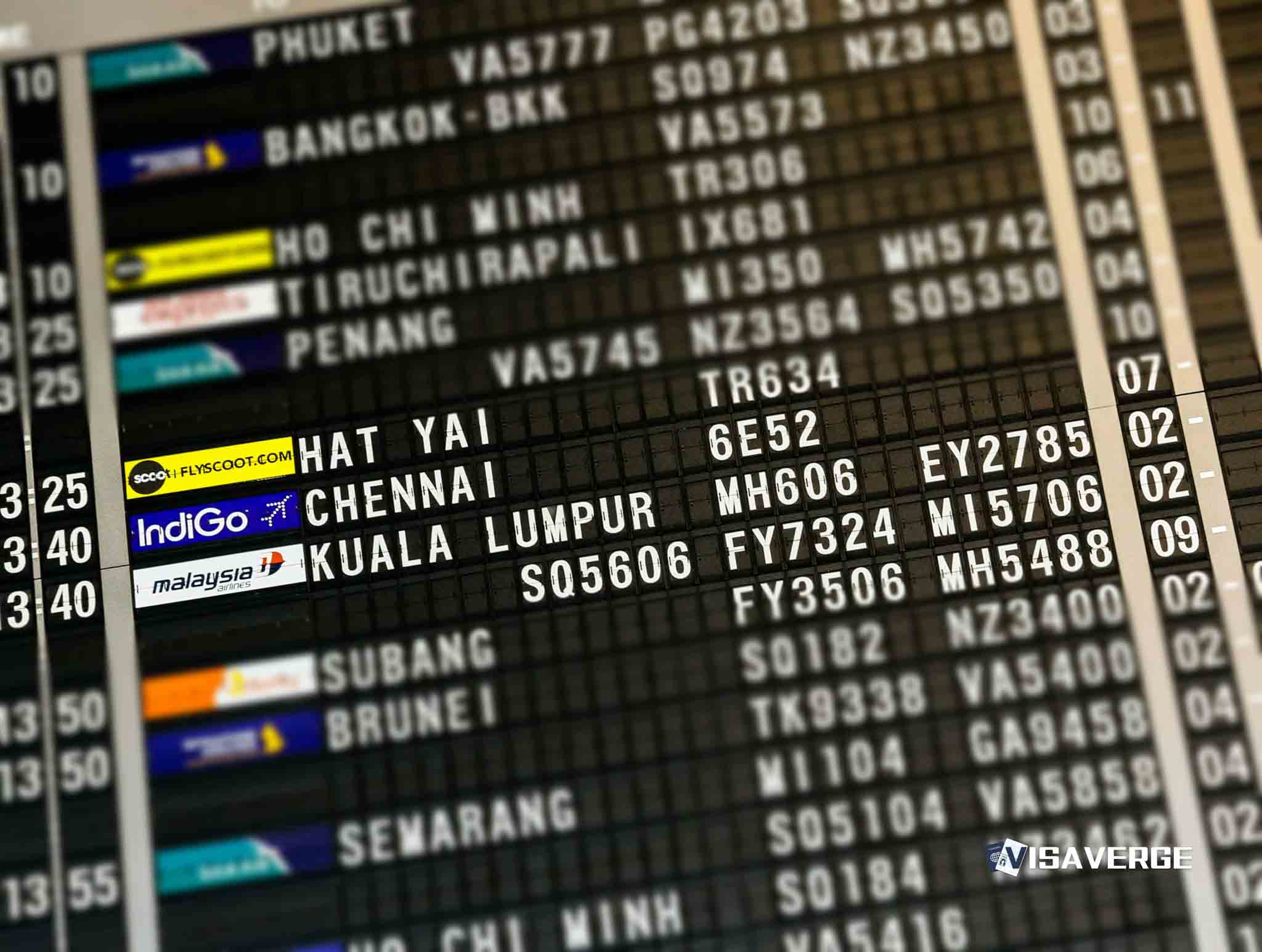(Nebraska officials on August 19, 2025 announced a new immigration detention center in McCook, a plan framed as a state–federal partnership to expand holding space for people awaiting deportation or other immigration court hearings.) The facility, quickly nicknamed the “Cornhusker Clink,” would operate at the McCook Work Ethic Camp site in southwestern Nebraska, with an initial capacity listed at 280 beds and some planning documents citing 300.
The announcement was delivered jointly by Nebraska Governor Jim Pillen and Homeland Security Secretary Kristi Noem. DHS confirmed the partnership but did not share a firm opening date, staffing model, or who will run day-to-day operations. State officials said more details could come by late August 2025, after public-records requests are processed.

The McCook Work Ethic Camp, opened in 2001 and run by the Nebraska Department of Correctional Services, was built for minimum-custody state inmates, often men on probation or under intermittent supervision. McCook, a town of roughly 7,400, would see its long-standing corrections campus shift toward federal immigration use, mirroring a broader national pattern of repurposing existing prison infrastructure for immigration detention.
Planners say the Cornhusker Clink is modeled on large state-run detention hubs like the 3,000-bed site in the Florida Everglades, though Nebraska’s buildout would be far smaller at the start. Key questions remain unresolved, including whether the center will be state-run under contract or federally managed by Immigration and Customs Enforcement (ICE).
Policy details and timeline
- Location: McCook Work Ethic Camp, McCook, Nebraska
- Capacity: 280–300 beds
- Status: Announced; planning phase; no opening date
- Intended use: Detain people awaiting immigration proceedings, including deportation, under DHS/ICE authority
- Governance: State vs. federal control to be determined; further details expected late August 2025
- Official resource: DHS confirms the partnership; see https://www.dhs.gov for federal updates
Local impact and oversight questions
Supporters point to extra detention capacity as necessary for federal interior enforcement and local public safety goals. Governor Jim Pillen and Secretary Noem argue the project aligns with those priorities.
Opponents, including Nebraska Appleseed and other immigrant advocacy groups, call it a harmful and dangerous expansion that will split families and strain nearby communities. McCook’s mayor, Linda Taylor, said she did not learn about the plan before it went public, highlighting thin local consultation so far.
Legal and policy experts note that the management structure will shape oversight, detainee rights, and lines of legal responsibility. If Nebraska operates the site under agreement, state rules and contracts could influence:
- access to counsel
- complaint handling
- public transparency
If ICE runs it directly, federal policies would set the tone. According to analysis by VisaVerge.com, this divide has fueled past disputes in other states, contributing to lawsuits and political fights over accountability for conditions, budgets, and civil rights.
Daily operations and detainee experience (unknowns)
What daily life would look like remains unclear. Officials have not published:
- intake rules
- visiting hours
- legal access procedures
Current statements indicate the site will be used for people awaiting immigration court or deportation under DHS authority and possibly ICE custody. The center will likely follow protocols similar to other ICE facilities, but specific procedures have not been released.
The planned center sits within a broader shift toward expanded detention capacity in the Midwest and beyond. Advocates warn that more beds can lead to longer stays far from home, while supporters say the project could:
- create jobs
- give officers a closer place to hold people with pending cases
Nebraska Public Media has filed records requests seeking details on staffing, contracts, and costs; state officials said answers could come later this month.
Effects on families, lawyers, and services
For families in Nebraska and neighboring states, a new detention site could change where people are held while they wait for court dates. Lawyers and local service groups are watching to see if the McCook location will:
- make attorney visits easier or harder
- provide phone or video access in line with common ICE practices
Those details, along with grievance systems and medical care policies, often determine whether a facility functions humanely; Nebraska has not released that playbook yet.
Federal role, responsibilities, and open questions
Federal authority remains central. DHS sets the enforcement mission, and ICE typically carries out detention in coordination with states or private contractors. The McCook plan keeps that structure in place but raises basic questions:
- Who will employ corrections staff?
- Who will pay for transportation to immigration court?
- Who must respond if outside monitors flag problems?
Answers will shape the real reach of the Cornhusker Clink.
Financial and political framing
Supporters describe the center as a tool to help meet federal enforcement goals and, over time, bring jobs to a rural community. Critics counter that detention:
- pulls parents from households
- funnels public money into beds rather than legal services
Both sides agree the stakes are high, and the absence of a firm opening date leaves many practical decisions on hold.
For now, the official details are few and carefully worded: the site is announced, in planning, and intended for people awaiting immigration proceedings. DHS has confirmed the partnership. The Nebraska Department of Correctional Services remains the current operator of the McCook Work Ethic Camp, pending any transition. Further specifics—staffing, contracting, and day-to-day control—are expected by late August.
Oversight and accountability concerns
As the plan moves forward, attention will focus on oversight questions such as:
- Will an inspector general, state ombudsman, or outside group regularly visit?
- How will detainees request legal materials or urgent medical care?
- Which rulebook applies—the state’s or federal policies—and how quickly will complaints be reviewed?
The management decision—state or federal—will likely determine which systems and timelines apply.
Political reaction and next steps
The project is already a magnet for political debate in Nebraska and the wider region. Backers link it to broader interior enforcement priorities, while advocacy groups promise sustained scrutiny and possible legal challenges.
With the Cornhusker Clink, state leaders are trying to place Nebraska on the map of interior detention networks even as core details remain to be decided.
For residents of McCook, the message from Jim Pillen and DHS is: planning is underway, facts are pending, and the Cornhusker Clink proposal at the McCook Work Ethic Camp will shape Nebraska’s immigration footprint.
This Article in a Nutshell
Nebraska’s August 19, 2025 announcement repurposes the McCook Work Ethic Camp into the Cornhusker Clink, adding 280–300 detention beds. DHS confirmed partnership but left staffing, operation, and opening date unresolved. Local leaders and advocates demand details on oversight, legal access, and who will manage day-to-day operations at the facility.







